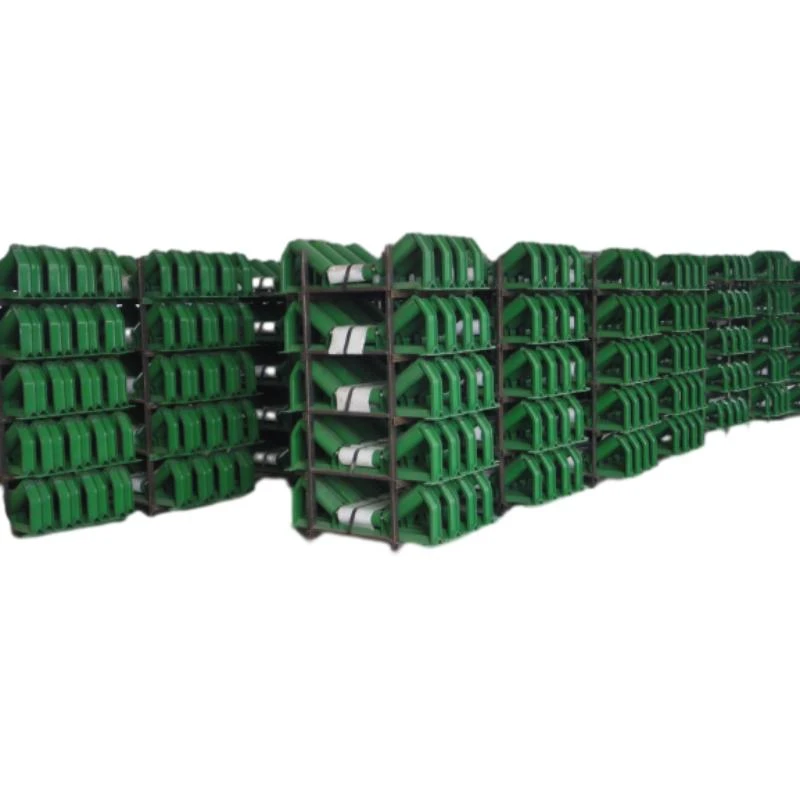 Afrikaans
Afrikaans  Albanian
Albanian  Amharic
Amharic  Arabic
Arabic  Armenian
Armenian  Azerbaijani
Azerbaijani  Basque
Basque  Belarusian
Belarusian  Bengali
Bengali  Bosnian
Bosnian  Bulgarian
Bulgarian  Catalan
Catalan  Cebuano
Cebuano  Corsican
Corsican  Croatian
Croatian  Czech
Czech  Danish
Danish  Dutch
Dutch  English
English  Esperanto
Esperanto  Estonian
Estonian  Finnish
Finnish  French
French  Frisian
Frisian  Galician
Galician  Georgian
Georgian  German
German  Greek
Greek  Gujarati
Gujarati  Haitian Creole
Haitian Creole  hausa
hausa  hawaiian
hawaiian  Hebrew
Hebrew  Hindi
Hindi  Miao
Miao  Hungarian
Hungarian  Icelandic
Icelandic  igbo
igbo  Indonesian
Indonesian  irish
irish  Italian
Italian  Japanese
Japanese  Javanese
Javanese  Kannada
Kannada  kazakh
kazakh  Khmer
Khmer  Rwandese
Rwandese  Korean
Korean  Kurdish
Kurdish  Kyrgyz
Kyrgyz  Lao
Lao  Latin
Latin  Latvian
Latvian  Lithuanian
Lithuanian  Luxembourgish
Luxembourgish  Macedonian
Macedonian  Malgashi
Malgashi  Malay
Malay  Malayalam
Malayalam  Maltese
Maltese  Maori
Maori  Marathi
Marathi  Mongolian
Mongolian  Myanmar
Myanmar  Nepali
Nepali  Norwegian
Norwegian  Norwegian
Norwegian  Occitan
Occitan  Pashto
Pashto  Persian
Persian  Polish
Polish  Portuguese
Portuguese  Punjabi
Punjabi  Romanian
Romanian  Russian
Russian  Samoan
Samoan  Scottish Gaelic
Scottish Gaelic  Serbian
Serbian  Sesotho
Sesotho  Shona
Shona  Sindhi
Sindhi  Sinhala
Sinhala  Slovak
Slovak  Slovenian
Slovenian  Somali
Somali  Spanish
Spanish  Sundanese
Sundanese  Swahili
Swahili  Swedish
Swedish  Tagalog
Tagalog  Tajik
Tajik  Tamil
Tamil  Tatar
Tatar  Telugu
Telugu  Thai
Thai  Turkish
Turkish  Turkmen
Turkmen  Ukrainian
Ukrainian  Urdu
Urdu  Uighur
Uighur  Uzbek
Uzbek  Vietnamese
Vietnamese  Welsh
Welsh  Bantu
Bantu  Yiddish
Yiddish  Yoruba
Yoruba  Zulu
Zulu Durable Rubber Rollers for Efficient Conveyor Systems and Material Handling Solutions
Understanding Rubber Conveyor Rollers Enhancing Efficiency in Material Handling
In the industrial realm, the efficiency of material handling processes plays a pivotal role in determining operational success. One of the key components that contribute significantly to this efficiency is the rubber conveyor roller. These rollers are designed to support the conveyor belts that transport goods and materials across various industries, including mining, manufacturing, and logistics. This article delves into the essential aspects of rubber conveyor rollers, their advantages, applications, and maintenance practices.
What Are Rubber Conveyor Rollers?
Rubber conveyor rollers are cylindrical components fitted with rubber covers that rotate to facilitate the movement of conveyor belts. These rollers are typically mounted on frames and are powered by motors that drive the conveyor belt forward. The rubber coating on these rollers offers a range of benefits, enhancing the performance of the entire conveyor system.
Advantages of Rubber Conveyor Rollers
1. Durability and Resilience One of the primary benefits of rubber conveyor rollers is their durability. Rubber materials are designed to withstand harsh environmental conditions and resistance to wear and tear. This characteristic ensures that the rollers have a longer lifespan, reducing the need for frequent replacements and, consequently, minimizing downtime in operations.
2. High Friction Coefficient Rubber provides excellent grip on the conveyor belt, which is essential for maintaining the stability of transported items. This high friction capability reduces slippage, ensuring smooth and efficient movement of goods, even at steep angles.
3. Noise Reduction The rubber material used for conveyor rollers also helps absorb sound, leading to quieter operation compared to metal rollers. This feature is increasingly important in industries where noise pollution is a concern.
4. Versatility Rubber conveyor rollers can be manufactured in various sizes and designs to suit specific applications. Whether transporting heavy materials in a mining operation or handling lighter goods in logistics, these rollers can be customized to fit the demands of different environments.
5. Corrosion Resistance Unlike metal rollers, rubber conveyor rollers are not susceptible to rust and corrosion. This makes them ideal for applications involving moisture or chemicals, extending their operational lifespan considerably.
Applications of Rubber Conveyor Rollers
rubber conveyor rollers

Rubber conveyor rollers find widespread use in several industries
- Mining and Quarrying In these sectors, conveyor systems are crucial for transporting bulk materials like coal, minerals, and aggregates. Rubber rollers help in reducing the wear on belts and facilitate smooth operations in rugged environments.
- Manufacturing Conveyor systems featuring rubber rollers streamline production lines by enabling the continuous movement of products, such as automotive parts, electronics, and packaged goods.
- Logistics and Warehousing Rubber conveyor rollers are extensively employed in warehouses and distribution centers, where they assist in the efficient movement of goods during order fulfillment and inventory management.
- Agriculture In agricultural settings, rubber conveyor rollers can be used in the transportation of grain, fertilizers, and other farming materials, contributing to improved efficiency.
Maintenance of Rubber Conveyor Rollers
To maximize the performance and longevity of rubber conveyor rollers, regular maintenance is essential. Some key practices include
- Routine Inspections Regularly check rollers for signs of wear and tear, damage, or misalignment, addressing issues promptly to prevent cascading failures.
- Cleaning Keeping the rollers clean from debris and buildup will help maintain their friction qualities and overall functionality.
- Lubrication Certain types of rollers may require periodic lubrication to ensure smooth rotation and prevent friction-related damage.
In conclusion, rubber conveyor rollers are integral to the functionality of various material handling systems across different industries. Their durability, grip, noise reduction, and versatility not only enhance the efficiency of operations but also contribute to cost savings in the long term. By understanding their advantages and maintaining them properly, companies can ensure smoother and more efficient material handling operations, ultimately leading to increased productivity and profitability.
-
Taper Centering Idler Set for Conveyor SystemsNewsJun.25,2025
-
Small Idler Rollers for Industrial ConveyorsNewsJun.25,2025
-
Guide Training Idler Set for Conveyor MaintenanceNewsJun.25,2025
-
Friction Offset Idler Set for Industrial UseNewsJun.25,2025
-
Double-Center-Roller Idler AlignmentNewsJun.25,2025
-
Channel Inset Impact Troughing Idler Set for Heavy LoadsNewsJun.25,2025





























